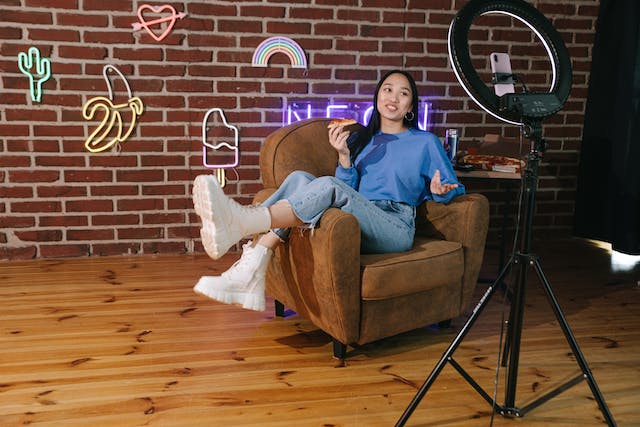
Being a content creator is a dynamic and multifaceted role that involves much more than meets the eye. While many people are familiar with the concept of creating content for social media platforms or websites, several aspects of the job can come as a surprise to those outside the industry. This article will explore five things you can not know about being a content creator, shedding light on the challenges, opportunities, and intricacies of this increasingly popular profession.
1. Constant Adaptation to Trends
One aspect of being a content creator that can not be immediately apparent is the need to adapt to evolving trends and algorithms constantly. Platforms like social media and search engines regularly update their algorithms, affecting how content is discovered and promoted. As a result, content creators must stay informed about these changes and adjust their strategies accordingly to maintain visibility and engagement. This often involves experimenting with new formats, keywords, and posting schedules to optimize performance and reach their target audience effectively.
2. Importance of Audience Engagement
Beyond simply creating content, successful content creators understand the importance of building and nurturing a loyal audience. Engagement metrics such as likes, comments, shares, and follows play a crucial role in determining the success of content on social media platforms. Content creators must actively engage with their audience by responding to comments, soliciting feedback, and fostering a sense of community around their content. Building genuine connections with followers not only enhances the overall user experience but also strengthens brand loyalty and increases the likelihood of future interactions and conversions.
3. Diverse Skill Set Required
Being a content creator requires a diverse skill set that goes beyond just writing or creating visuals. While content creation is a central aspect of the job, content creators also need to possess skills in areas such as digital marketing, SEO (search engine optimization), analytics, and project management. Additionally, proficiency in various tools and software platforms, such as graphic design software, video editing tools, and social media management platforms, is essential for producing high-quality content efficiently. As the digital landscape continues to evolve, content creators must continually update and expand their skill sets to remain competitive in the industry.
4. Balancing Creativity with Strategy
The process of content production is often seen as a creative endeavor. Yet, effective content producers are aware of the need to strike a balance between creative thought and strategic planning. Strategic thinking is what directs choices about audience targeting, content distribution, and performance analysis. Creativity is what drives the conception and development of content, while strategic thinking is what governs those decisions. Those who are responsible for creating content have the responsibility of striking a careful balance between expressing their distinctive creative voice and connecting their material with the larger business goals and preferences of their audience. Creating content that connects with consumers while simultaneously accomplishing desired objectives for companies or people needs rigorous preparation, research, and testing. This is necessary in order to establish an effective content strategy.
5. Protection of Content
Protection of content is a critical aspect of being a content creator in today’s digital landscape. Utilizing a DMCA takedown service can help creators safeguard their intellectual property by swiftly addressing instances of copyright infringement or unauthorized use of their work. These services enable creators to submit notices to online platforms requesting the removal of infringing content by the Digital Millennium Copyright Act (DMCA). By proactively protecting their content, creators can maintain control over their creations and prevent unauthorized reproduction or distribution. Moreover, employing this takedown service demonstrates a commitment to upholding copyright laws and defending the rights of content creators in the digital sphere. Overall, prioritizing the protection of content ensures that creators can continue to share their work confidently and maintain the integrity of their creative endeavors.
Conclusion
Being a content creator is a dynamic and challenging profession that requires a diverse skill set, adaptability, and a strategic mindset. From staying abreast of evolving trends and algorithms to nurturing audience engagement and balancing creativity with strategy, content creators face a myriad of challenges and opportunities in their day-to-day work. By understanding the intricacies of the profession and investing time and effort into honing their craft, content creators can navigate the complexities of the digital landscape and achieve success in this dynamic and ever-evolving field.


